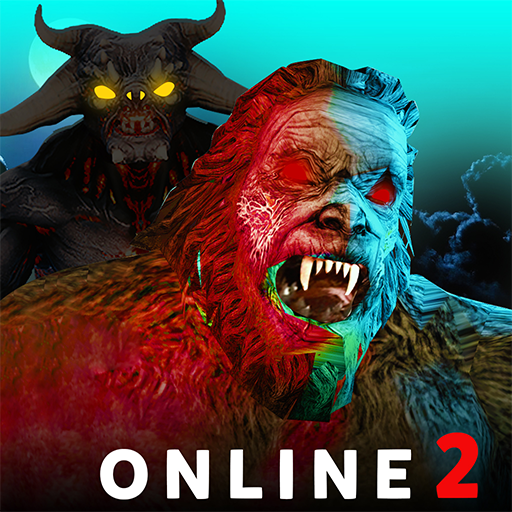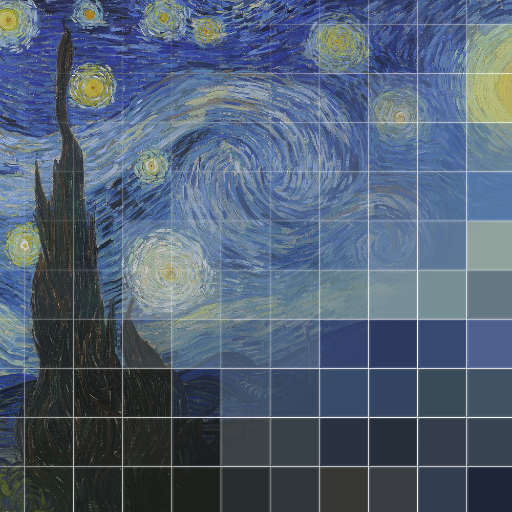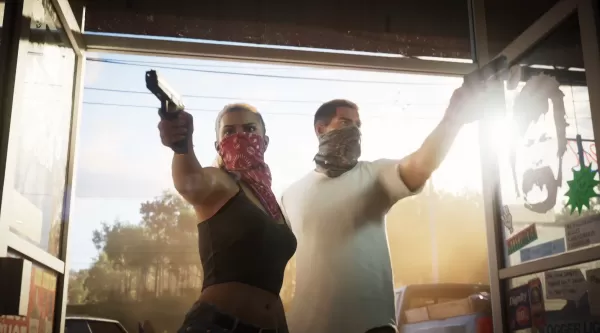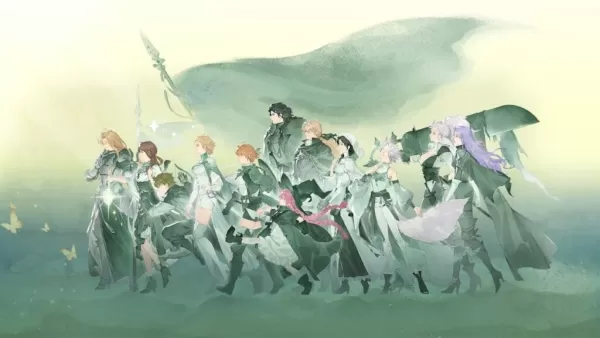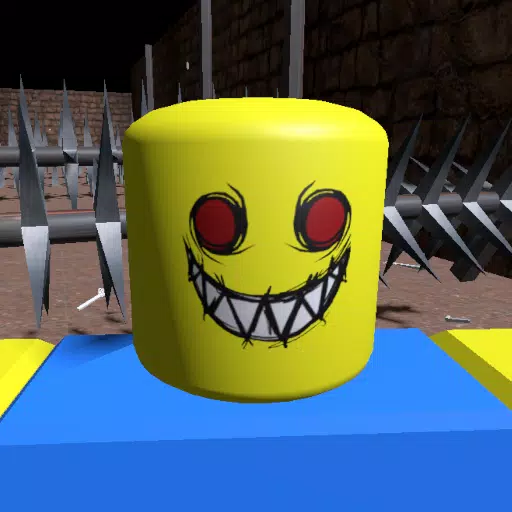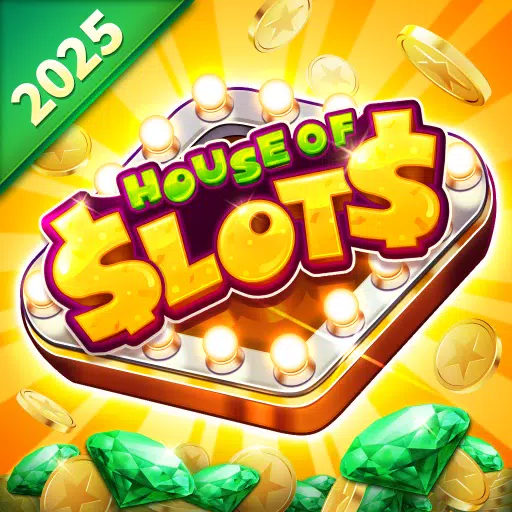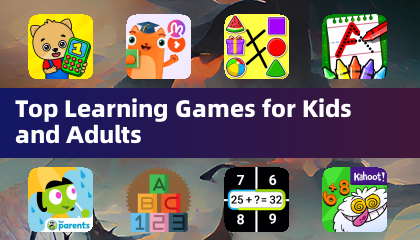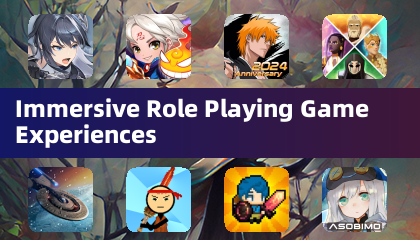Fortnite's Walking Dead Game: A New Frontier for Developers
The games industry has faced a wave of challenges in recent times—layoffs, studio closures, and funding cuts have left many developers navigating uncertain waters. Teravision Games, led by CEO and co-founder Enrique Fuentes, was no stranger to this turbulence. After launching *Killer Klowns From Outer Space*, an asymmetrical horror game based on the cult classic movie, the team found itself at a crossroads despite the game's positive reception and strong online engagement.
“2024 was a difficult year for the entire industry,” Fuentes explains. “It became challenging for us to secure our next project, even though we’ve worked with major names like Disney, Nickelodeon, and Xbox.” With time pressing down on them and veteran talent on the line, the studio turned to something unconventional—creating games within Fortnite using Unreal Engine for Fortnite (UEFN).
In under a year, Teravision successfully launched three UEFN titles. Their fourth, released today, leverages the official *The Walking Dead* content pack available in UEFN. Developed in collaboration with Skybound—the company co-founded by *The Walking Dead* creator Robert Kirkman—this new title is a King of the Hill-style multiplayer PvPvE experience titled *Courtyard King*. Set in The Walking Dead’s iconic prison setting, players battle each other and AI-controlled zombies for control over territory.
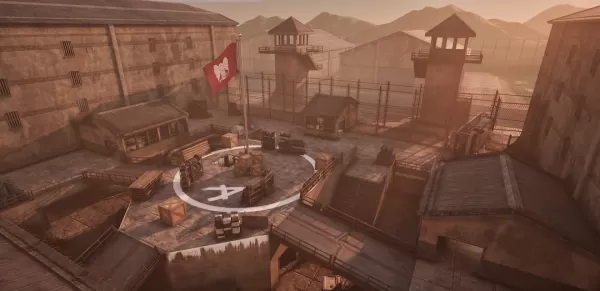
All *Walking Dead*-related elements in *Courtyard King* are built from officially licensed assets, including character models of Rick Grimes, Negan, and Daryl Dixon. But the partnership went beyond visuals—Teravision collaborated directly with Skybound writers to shape the game’s narrative and dialogue.
“Instead of a multi-year project like *Killer Klowns From Outer Space*, these are projects that we could put together in weeks or months.”
Fuentes notes how unexpected this creative direction was: “We’ve worked with big brands before, but we never imagined we’d be collaborating with a company like Skybound through UEFN. However, UGC—user-generated content—is one of the most powerful trends in gaming right now.”
While UGC often refers to content created by casual players on platforms like Roblox, professional studios like Teravision are now exploring its potential through Fortnite’s Unreal Engine 5 toolset. For experienced developers, UEFN offers a streamlined, accessible environment to create and deploy games rapidly while leveraging established IP assets and reaching large audiences.
“It made sense because we come from an engineering background, and it was a platform where we could experiment and assume some of the risk. Because instead of a multi-year project like *Killer Klowns From Outer Space*, these are projects that we could put together in weeks or months.”
This approach paid off with the release of *Havoc Hotel*, a roguelike shooter set in a hotel where players fight through floors, earning currency to upgrade weapons after each level cleared. It performed well enough to spawn two sequels, with *Havoc Hotel 3* becoming one of Fortnite’s most-played UEFN games.
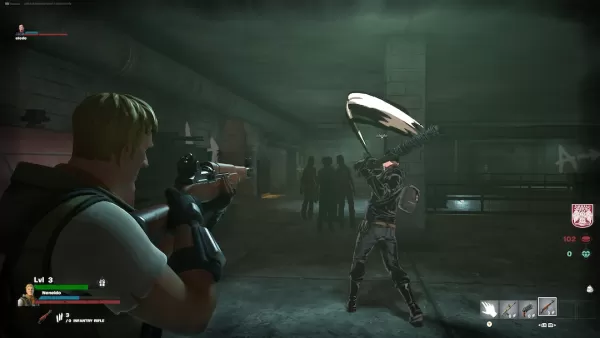
Martin Rodriguez, Teravision’s game designer, highlights how their background in Unreal Engine development eased the transition into UEFN. “The systems are more streamlined and more ‘drag and drop,’ as I like to say. It removes some of the overhead work and allows us to focus on building better experiences and trying out new ideas.”
However, the design process for UEFN games posed unique challenges. Unlike traditional titles, UEFN games often begin as experimental play spaces rather than fully structured experiences. LD Zambrano, Teravision’s creative director, explains how the rules of engagement differ in the Fortnite ecosystem:
“In traditional game design, you rely on objectives that encourage cooperation and competition. In UEFN, those principles still apply, but there’s also room for strange, chaotic interactions that don’t necessarily follow a clear competitive structure—and yet, they still resonate with players.”
Zambrano likens the experience to playing during recess: spontaneous, flexible, and open-ended. That concept is embodied in *Courtyard King*, which features an infinite gameplay loop—no final winner, just ongoing matches where players can enter, exit, and switch teams freely, encouraging unpredictable social dynamics and betrayal scenarios reminiscent of *The Walking Dead* universe.
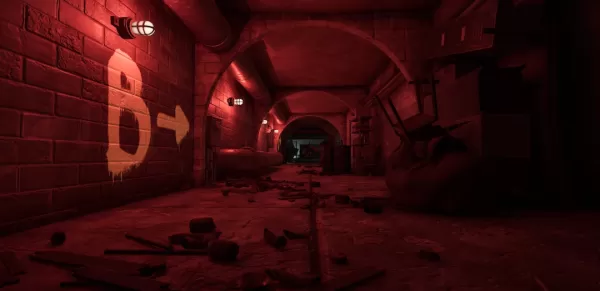
“Players can drop in and drop out whenever they want. They can even change teams whenever they like, which generates situations for betrayals. Maybe you enter a party with your friend, but then in the middle of the match you don’t tell him and change teams. Which is very *Walking Dead*-like.”
So, is this the future for game developers? While it places smaller studios within the sandbox of giants like Epic Games, Fuentes sees real opportunity in this model for teams willing to innovate without draining resources.
“This is now a viable model where you can actually support an 80-person studio like we do, and we can assume the risk. If you have the right ideas, creativity, and market understanding, execution becomes possible—and it doesn’t take years, it takes weeks or months. I think this is a dream come true for indie developers.”

